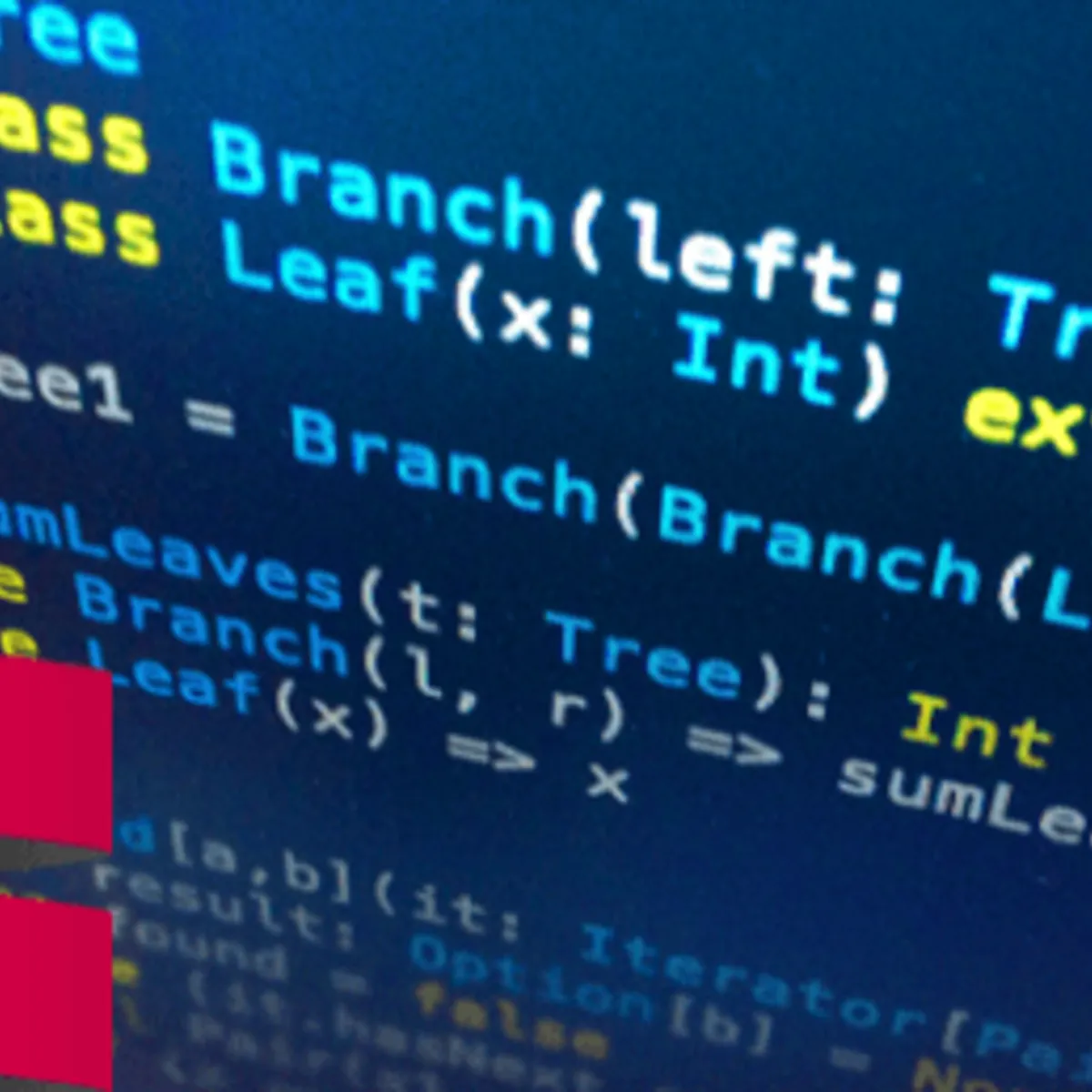
Machine Learning for Marketing in Python 
Machine learning is revolutionizing the way marketers use data to make decisions. In this course, you'll explore the fundamentals of machine learning methods used in marketing. You'll learn about various types of machine learning, data preparation steps, and will run several end-to-end models to understand their power. You'll learn the fundamentals of churn prediction, then fit logistic regression and decision tree models to predict churn. Examine the results to gain insight into what is causing the churn. You'll also learn the fundamentals of Customer Lifetime Value (CLV) and the various methods for calculating it. Finally, you'll investigate two distinct models that provide insights into customer purchasing patterns and group them into distinct and interpretable customer segments. All of this will be done using Python. ▼
ADVERTISEMENT
Course Feature
![]() Cost:
Cost:
Free Trial
![]() Provider:
Provider:
Datacamp
![]() Certificate:
Certificate:
No Information
![]() Language:
Language:
English
Course Overview
❗The content presented here is sourced directly from Datacamp platform. For comprehensive course details, including enrollment information, simply click on the 'Go to class' link on our website.
Updated in [June 30th, 2023]
This course provides an introduction to Machine Learning for Marketing in Python. Students will learn the fundamentals of machine learning methods used in marketing, including data preparation steps and running end-to-end models. They will also explore churn prediction, fitting logistic regression and decision tree models, and examining the results to gain insight into what is causing the churn. Additionally, students will learn the fundamentals of Customer Lifetime Value (CLV) and the various methods for calculating it, as well as investigate two distinct models that provide insights into customer purchasing patterns and group them into distinct and interpretable customer segments.
[Applications]
The application of this course can be seen in the marketing field, where machine learning can be used to predict customer churn, calculate customer lifetime value, and segment customers into distinct groups. Additionally, the course can be used to gain insights into customer purchasing patterns and to develop models that can be used to optimize marketing campaigns.
[Career Path]
A career path recommended to learners of this course is a Machine Learning for Marketing Analyst. This job position involves using machine learning algorithms to analyze customer data and develop marketing strategies. The analyst would be responsible for understanding customer behavior, predicting customer churn, and optimizing customer lifetime value. They would also be responsible for developing customer segmentation models and creating targeted marketing campaigns.
The development trend for this job position is to use more advanced machine learning algorithms and techniques to gain deeper insights into customer behavior. This includes using deep learning algorithms to analyze customer data, using natural language processing to understand customer sentiment, and using reinforcement learning to optimize marketing campaigns. Additionally, the analyst would need to stay up to date with the latest trends in machine learning and marketing to ensure they are using the most effective methods.
[Education Path]
The recommended educational path for learners of this course is to pursue a degree in Data Science or Artificial Intelligence. This degree will provide learners with the necessary skills and knowledge to apply machine learning methods to marketing. The degree will cover topics such as data analysis, data visualization, machine learning algorithms, and programming languages such as Python and R. Additionally, learners will gain an understanding of the fundamentals of marketing, such as customer segmentation, customer lifetime value, and churn prediction.
The development trend of this degree is to focus on the application of machine learning to marketing. This includes the use of predictive analytics to identify customer segments, the use of natural language processing to understand customer sentiment, and the use of deep learning to identify customer preferences. Additionally, the degree will focus on the ethical implications of using machine learning in marketing, such as data privacy and data security. Finally, the degree will focus on the development of marketing strategies that are informed by machine learning.
Course Syllabus
Machine learning for marketing basics
Churn prediction and drivers
Customer Lifetime Value (CLV) prediction
Customer segmentation
Course Provider

Provider Datacamp's Stats at AZClass
Discussion and Reviews
0.0 (Based on 0 reviews)
Explore Similar Online Courses

How to Start an Airbnb Business

Advanced Machine Learning with ENCOG

RDBMS PostgreSQL

Intro To PostgreSQL Databases With PgAdmin For Beginners

PostgreSQL: Client Applications

Mastering SQL using Postgresql

Database Design and Basic SQL in PostgreSQL

PostgreSQL: Advanced Queries

Spatial SQL with Postgres : A language for geographers

Learn SQL Using PostgreSQL: From Zero to Hero

PostgreSQL Essential Training


Start your review of Machine Learning for Marketing in Python